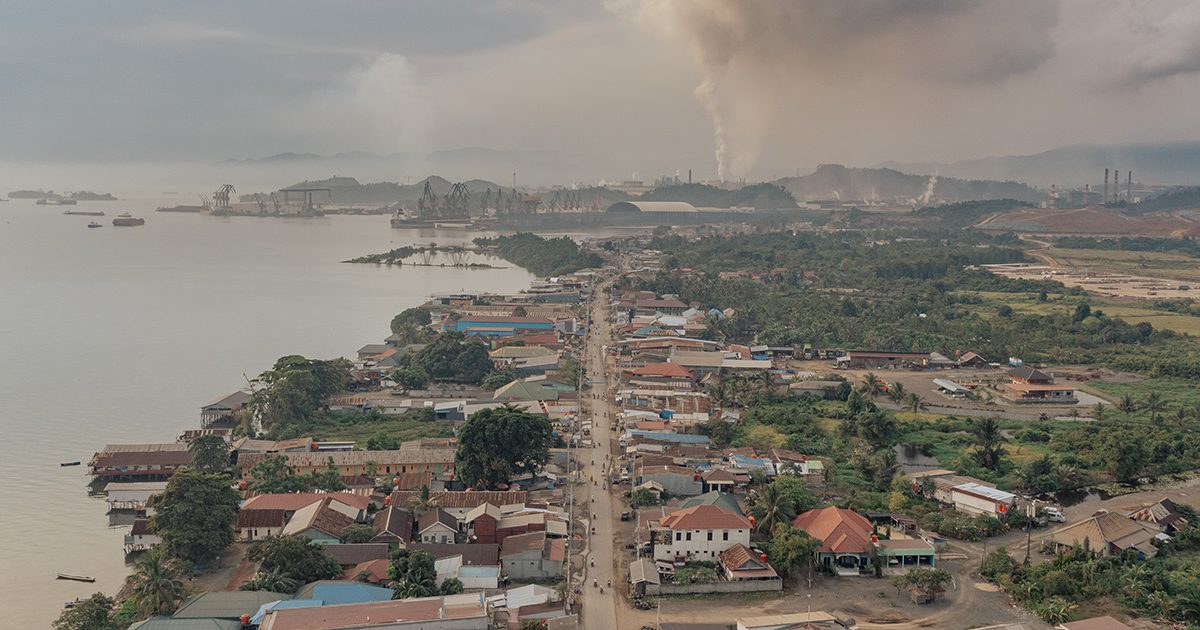What is happening in Indonesia is part of a recurring global pattern in countries where battery materials are abundant. Local residents in Chile, Argentina, Congo, and elsewhere complain of environmental destruction, and dangerous or exploitative working conditions. The RLS study’s authors argue that it is crucial to look at the material footprint of the EV industry against the promised decrease in carbon emissions. In the Global South, where most of the raw materials for EV batteries are sourced, “the rising demand for electric vehicles is threatening to worsen existing injustices in the extractive industry,” they wrote.
And while these places bear the brunt of the immediate environmental fallout, they are not set to benefit the most from the extraction and manufacturing of rare earth minerals — areas mostly dominated by Chinese businesses.



The article is very nicely done, the website too (beautiful while not being overly bloated). The topic is also interesting even though I hope people here would already know about that. Still nice to remind us of the battery production’s externatilties.
Reading the other comments it is true that pointing fingers at China seems very hypocritical even though what’s being said is true.
Reading the article I didn’t had China in mind. I mainly thought about how cars are not the solution to transportation, EV or not, Chinese or not. This specific bias with China may be caused by the fact that the organization is specifically meant to talk about technology related topics outside USA/Western Europe.
I would still judge this as above average compared to the mainstream journalism I can observe.
Yeah, I’m a huge fan of the web site, especially as a Western person who would like to see reporting from a non-Western perspective